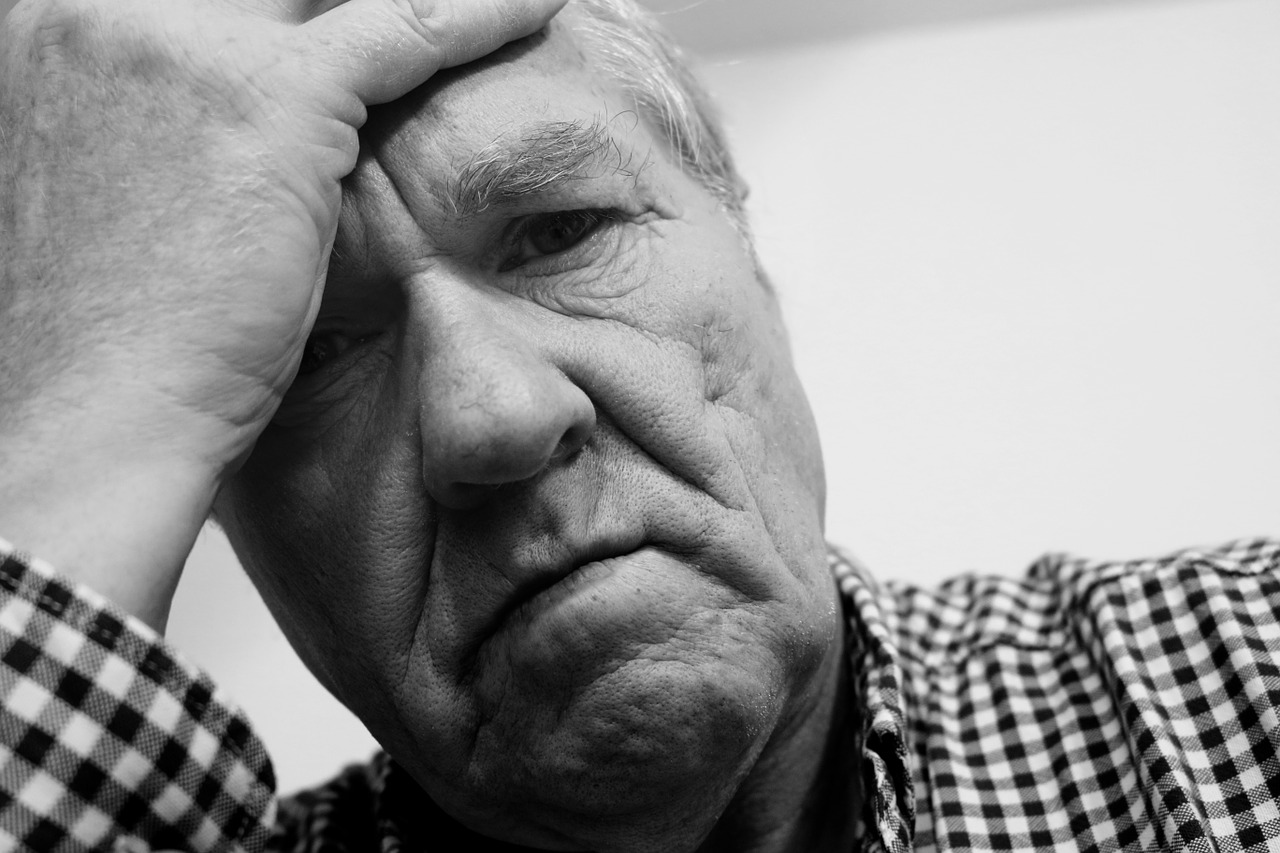
27 Dec Is It Depression or Low Testosterone?
Although scientists still aren’t entirely sure what causes depression, they have found one factor that could contribute to it: low testosterone levels. There are lots of reasons why your testosterone levels might be low. For one thing, these levels gradually begin to decline naturally after age 30. There have also been other health conditions that negatively affect testosterone levels, like diabetes and obesity. But if your levels are low and you’re feeling depressed, there’s a good chance those two could be connected.
How Are They Linked?
The link between the two isn’t quite understood, even though we know it’s there. The two main theories are that (1) testosterone has a direct effect on serotonin levels in the brain, and (2) the mood changes that we know are caused by low testosterone levels, like anxiety and irritability, might eventually develop into depression.
Depression and low testosterone levels share several symptoms, so making a diagnosis based on symptoms alone can be tricky. Some of those shared symptoms are:
- Sadness
- Decreased libido
- Anxiety
- Irritability
There are physical indicators that can help clue you in to whether or not it’s low testosterone. If you have low testosterone levels, you’ll probably also see:
- Decreased strength or muscle mass
- Breast enlargement or tenderness
- Decreased body hair
- Hot flashes
So Does Low Testosterone Treatment Cure Depression?
Sometimes. It really depends on whether your depression is stemming from low testosterone or not—if it is, then testosterone treatments can probably help.
Back in 2014, the Department of Neurology and Psychiatry at St. Louis University compiled the findings from several studies on low testosterone and depression and then analyzed the results. They found three major factors that determine whether or not testosterone treatments can help alleviate depression:
- If you actually have low testosterone. Like we mentioned earlier, if you’re feeling depressed and your testosterone levels are low before you start testosterone treatment, there’s a good chance that your mood will get better as your testosterone levels get back to normal. If your testosterone levels are normal and you feel depressed, testosterone treatment probably won’t help you.
- If you’re experiencing milder depression. According to the results, testosterone treatments could completely cure your depression if your depression is on the milder side. If you have more severe depression, testosterone treatments can still help, but the depression probably won’t disappear completely.
- If you’re younger than 60 years old. In all of the studies, using testosterone treatments to help with depression was very effective for individuals who were under the age of 60. For the subjects that were over 60, results weren’t as decisive; there were some instances where treatment helped, and others where it didn’t.
If you’ve been feeling down and want to know if low testosterone might be the culprit, call LT Men’s Clinic today at (817) 416-5698 and schedule an appointment. We’ll run a test to find out exactly what your testosterone levels are, and if they’re low, we can work with you to get those levels back to normal again.
Sources
